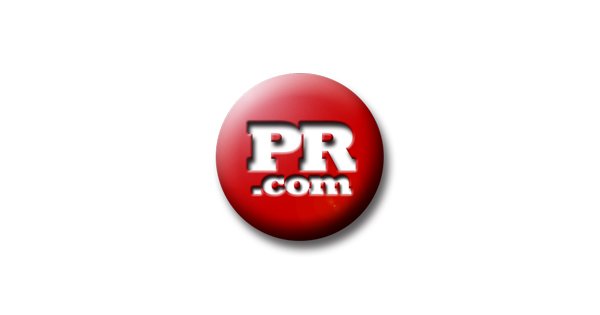Meta’s stock has fallen 34% this year due to a lack of leadership from Mark Zuckerberg, according to The Post.
Shareholders of Facebook, Instagram, and Mark Zuckerberg’s metaverse project are pressing two motions at the company’s forthcoming shareholder meeting.
To rally support, SumOfUs, a corporate accountability organization working with activist investors, is mailing a report to over 4,000 institutional investors, including Vanguard, Fidelity, and BlackRock.
The Post obtained the damning report, which describes three crises “engulfing” Zuckerberg’s company: Google and Apple privacy restrictions that hurt Meta’s ad business, a wave of antitrust lawsuits and bills targeting Meta and other big tech companies, and allegations that Zuckerberg lied to investors and lawmakers about Instagram’s harmful effects on teens.
“Failed to establish his recent embrace of the metaverse is anything more than a hasty effort to distract attention from underlying concerns with Meta’s primary business,” the organization said.
SumOfUs shareholder engagement advisor Christina O’Connell told The Post the stock price drop should wake investors up.
“A loss of over $230 billion in February should be a wake-up call for everyone,” O’Connell added.
The first resolution, backed by SumOfUs and Harrington Investments, and the Park Foundation, calls for an independent audit of Meta’s Audit and Risk Oversight Committee, a board created in 2020 that decides on content moderation issues like former President Donald Trump’s ban from Facebook and Instagram.
Based on our observations, the committee is not controlling the company’s conduct or performance properly, according to O’Connell. “We want an impartial review of the committee’s work.”
It also warns of “potential psychological, civil and human rights harms” from Zuckerberg’s metaverse drive.
SumOfUs, Arjuna Capital, SHARE, and Storebrand, a Norwegian asset manager with over $100 billion under management, all endorse the plan.
The parties want Meta to hire an independent auditor to assess the hazards of the metaverse, including harassment, hate speech, and privacy issues, before holding a shareholder vote.
In the real world, Meta hasn’t been able to solve its difficulties, so moving to a more sophisticated platform like the metaverse is surprising, says O’Connell. “Child abuse, harassment, and hate speech are all exacerbated in the metaverse.”
As a result, Meta’s board has recommended shareholders vote against both motions.
Because of Meta’s unusual ownership structure, Zuckerberg may essentially reject any shareholder change. His Meta holdings include “supervoting” shares, enabling him to control about 58 percent of votes on shareholder resolutions.
Investor action is still one of the strongest methods to pressure Zuckerberg, according to O’Connell.
This was in Meta’s proxy statement submitted to shareholders on Friday.
Ahead of Meta’s annual shareholder meeting on May 25, shareholders may vote on the resolutions. Proposers will be able to speak during the virtual meeting, and the results will be revealed afterward.
Shareholder resolutions have power on the board and management, as well as alert the public that shareholders are concerned about what’s going on, according to O’Connell. Real corporate governance, please. We want professional firm management.”
Concerning the resolutions, a Meta representative stated, “We appreciate our investors’ perspectives and routinely communicate with them.” Continue the conversation, especially at our Annual Shareholder Meeting in May.”








